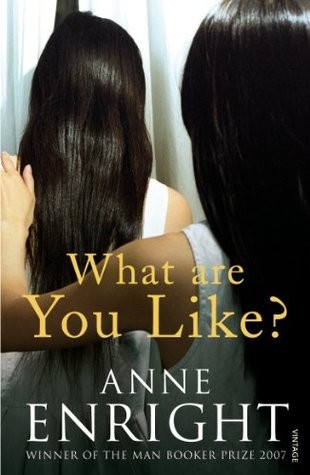
What Are You Like
کتاب های مرتبط
- اطلاعات
- نقد و بررسی
- دیدگاه کاربران
نقد و بررسی

September 4, 2000
After a flawlessly rendered first chapter, Enright, an Irish broadcast journalist, short story writer and novelist (The Wig My Father Wore), struggles to keep the assorted pieces of her novel together; it is fractured like the family it illuminates. Maria Delahunty is born in Dublin in 1965, delivered from her dying mother, who is comatose from a brain tumor. Maria's father, Berts, brings the baby home, and along with his new wife, Evelyn, they decide "to love each other if they could." But Maria grows up conflicted about herself, unable to decide whether she should live in her middle-class home in Dublin or in New York City, "the country of the lost." There, she imagines she can reinvent herself, but she ends up cleaning apartments. At 20, she falls in love with a man who carries in his wallet a picture of someone who looks strangely like her as a 12-year-old. Meanwhile, in England, a young woman named Rose, adopted by a wealthy family and also feeling curiously ill at ease about herself, decides she is not talented enough to pursue a career as a violinist, and begins to shoplift. At the same point, the two young women begin to search for each other, leading them back to that impulsive decision the bumbling though well-meaning Berts first made in the maternity ward. Enright's story is compelling, and she writes effectively and generously in the points of view of her various characters, especially in the flat, resigned voices of Evelyn and Berts. The facets of her plot keep multiplying, however, and the cut-and-paste sentences are more perplexing than evocative, e.g., "His head was full of saxophones that turned into fish, and ordinary matchboxes filled with dread." The narratives of unhappy Maria and unhappy Rose take on a whining redundancy that mars an otherwise boldly written work. Agent, Heather Schroeder. (Sept.) FYI: Dubliner Enright is a broadcast journalist for BBC Radio 4.

























دیدگاه کاربران